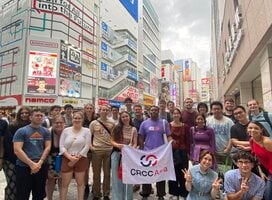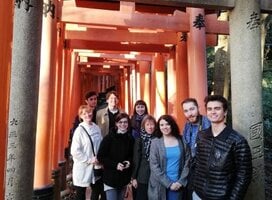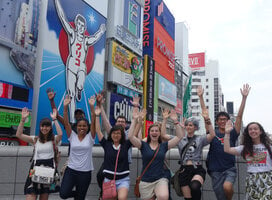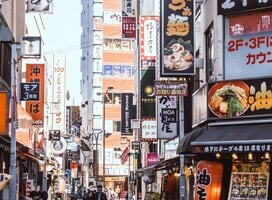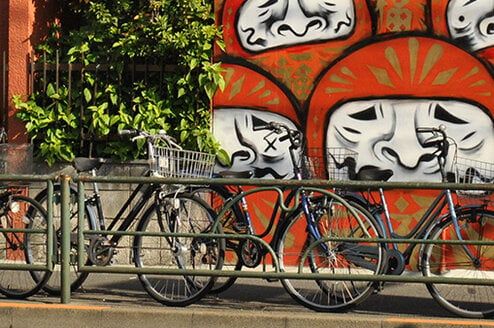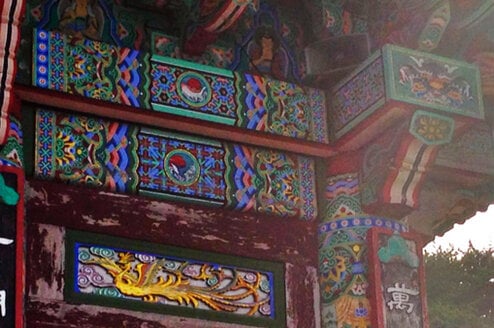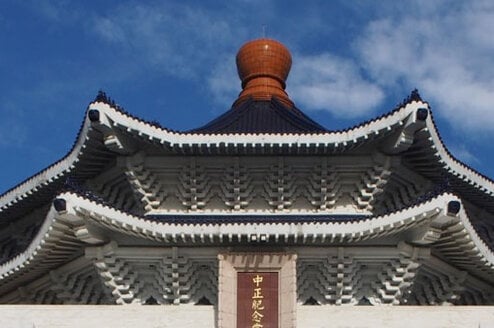Gap Year Programs in Japan
Japan offers a wide variety of options for the gap year traveler, from the ancient ruins of the Shinto areas and the awe-inspiring temples in the rural tropics to the bustling chaos of the Tokyo street life. In a single day, you can experience over 1,000 years of jaw-dropping artistic and cultural history. Clear your mind with some Buddhist meditation or be overstimulated by the neon flashing lights of the major cities. Japan illuminates every aspect of human growth, all within an island smaller than California!
From Sapporo, a beautiful island just north of Japan (with lovely greenery in the summer and even better snow in the winter) to Osaka’s down-to-earth people and its hearty cuisine, Japan is a marvel of modern technological and scientific achievement mixed with a unique blend of ancient traditions, including some of the most vibrant architecture in the world. Visit this stunning country and be blown away by its people, culture, and awe-inspiring beauty!
Volunteering
Most volunteer organizations in Japan will help you with Japanese lessons and arrange a multitude of opportunities to meet people and enjoy many cultural activities. Japan is arguably one of the most technologically advanced countries in the world. However, there is still a demand for volunteers. Work with medical organizations, shelters for the elderly, and halfway homes, and help repair any damaged infrastructure from a recent tsunami. You can also be involved with educational administrative and English teaching programs. It isn’t easy to choose when there are so many options!
Adventure Travel
The cities (primarily Tokyo) are filled with dance clubs, a nightlife scene that is almost unparalleled throughout the world. But extravagant nightlife and Tokyo’s technological wonders are not the only things to see in Japan. While visiting the country, make sure to see Kyoto, a thrilling step back in time, where you can partake in traditional tea ceremonies, and go to temples, shrines, and classic performances of kabuki. While in Japan, make sure to visit Okinawa, a beach resort paradise. Don't forget to dine at amazing restaurants with futuristic interior designs and incredible delicacies!
Internships
With the largest metropolitan economy in the world, Tokyo is known for its automobile, electronic, and chemical industries. Home to several of the world’s largest investment banks and insurance companies, Tokyo is the hub of Japan’s transportation, publishing, and broadcasting businesses. Summer, spring, and fall programs are always available, and interning in Japan is the perfect way to build an impressive portfolio, become proficient in another language, and demonstrate your ability to adapt and think quickly in the workplace.
Visa
The kind of visa you'll need for Japan depends on the type of gap year program you choose to do. If you choose to teach abroad, you'll need a work visa. Many schools will help you with the visa paperwork and may even sponsor it, meaning you won't have to pay the fee! If you choose to volunteer you may just need a tourist visa. If you're hired for an internship in Japan, you may need a Designated Activities visa. Each activity may have its unique regulations, so make sure to check with your program, volunteer organization, or employer. Or, if you're taking a gap year independently, make sure to check with the Japanese Embassy for the most up to date information regarding visas.
<h4>Cost of Living in Japan</h4>
<p>The cost of living in Japan is high compared to other destination in Asia. Food, groceries, and taxicabs are no less expensive but are of superb quality. Transportation is abundant, including subways, buses, and high-speed trains that travel throughout the country. It’s wise to save up some money if you plan on staying in a metropolitan area, so you can have the full experience; Japan is world-renowned for its bustling nightlife.</p>
Gap Year Programs in Japan
Pagination
What People Are Saying
New Jobs
View the latest job postings on our job board. A great way to earn work experience during your gap year!
Related Gap Year Articles
Frequently Asked Questions
-
Can I volunteer in Japan for free?
Volunteer programs in Japan typically have fees covering accommodation, meals, and transportation. Costs vary, so review opportunities to understand specific fees, including free or low-cost options.
Related Content -
Can foreigners volunteer in Japan?
Yes! Whether you're a student, professional, or simply passionate about making a difference, there are diverse opportunities available for volunteering in Japan.
-
Do I need a visa to volunteer in Japan?
If you hold a valid passport from an EU member country, Australia, Argentina, or the United States, you can enter Japan without a visa and engage in unpaid volunteer work for up to 90 days.
-
What are the benefits of a gap year in Japan?
Japan is a great destination for travelers searching for a language-focused gap year or those looking for world-class skiing and snowboarding. Japan also has a vibrant economy, making it an excellent place for career-focused gap years and internships. Gappers pursuing a culturally immersive experience will also benefit significantly from spending time in Japan and should consider partaking in a homestay.
-
How much does it cost to live in Japan for a year?
The cost of living in Japan is typically on the higher side. You should budget ~$2,000 - $2,500 to live in Japan per month ($24,000 - $30,000 per year), which you should take into account when considering your gap year. A bedroom in the city center can cost around $850 per month. And, you will also need to budget for meals, entertainment, utilities, and transportation which can add another $1,500 or more to your monthly total.
-
What are the most popular types of gap year programs in Japan?
The most popular types of gap year activities in Japan include volunteering with the elderly, learning Japanese, teaching English, and interning in the business sector.
